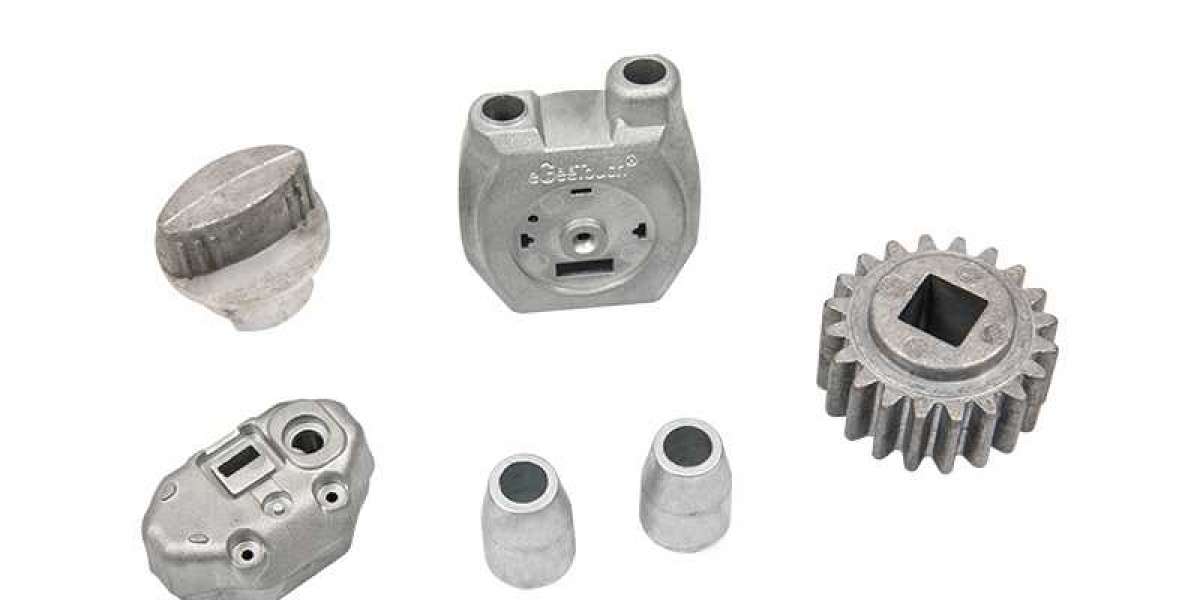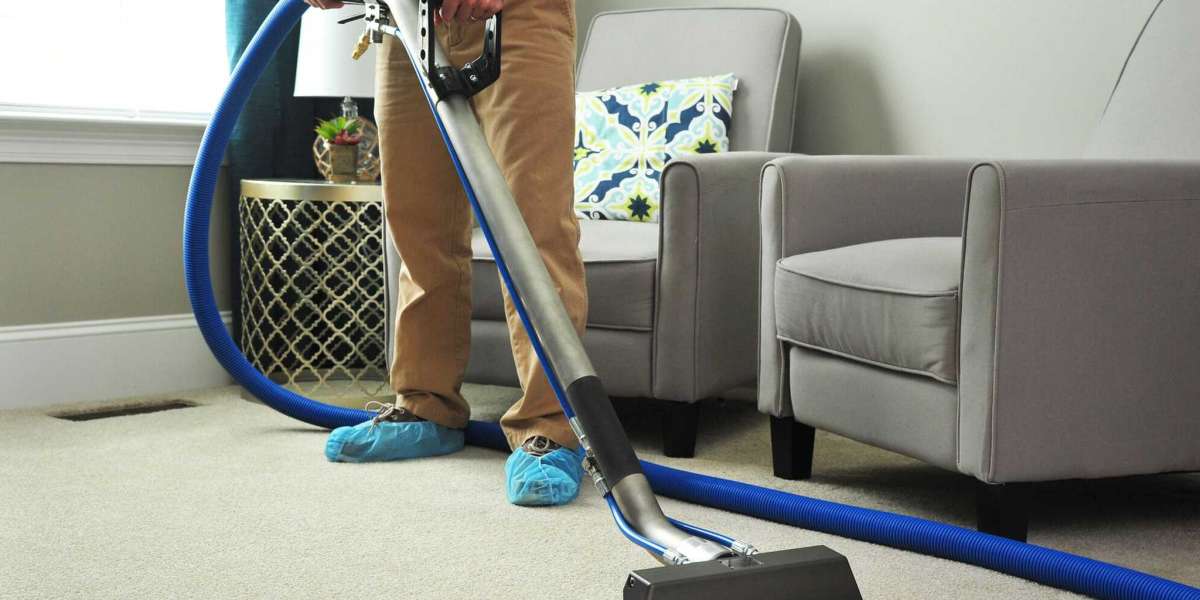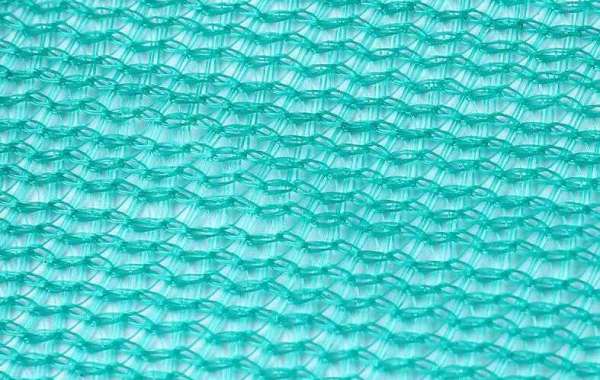Zinc alloys are alloys based on zinc added with other elements. Commonly added alloying elements include low-temperature zinc alloys such as aluminum, copper, magnesium, cadmium, lead, and titanium. Zinc alloy has a low melting point, good fluidity, easy to weld, braze and plastic processing, corrosion resistance in the atmosphere, and easy recycling and remelting of residual waste; but low creep strength, easy to cause dimensional changes due to natural aging. Prepared by melting method, die-casting or pressure-processed into material.
can be divided into cast zinc alloy and wrought zinc alloy according to the manufacturing process. The main added elements of zinc alloy are aluminum, copper and magnesium. Zinc alloys can be divided into deformation and cast zinc alloys according to the processing technology. Cast zinc alloy has good fluidity and corrosion resistance, and is suitable for die-casting instruments, auto parts shells, etc.
Use caution
- Poor corrosion resistance.
When the impurity elements of lead, cadmium, and tin in the alloy composition exceed the standard, the casting will be aging and deformed, which is manifested as volume expansion, mechanical properties, especially plasticity, significantly decreasing, and even cracking after a long time.
Lead, tin, and cadmium have very little solubility in zinc alloys, so they concentrate on the grain boundary and become the cathode. The aluminum-rich solid solution becomes the anode, which promotes intergranular electrochemical corrosion in the presence of water vapor (electrolyte). Die castings are aged due to intergranular corrosion.
2, aging effect
The structure of zinc alloy is mainly composed of a zinc-rich solid solution containing Al and Cu and an Al-rich solid solution containing Zn, and their solubility decreases with the decrease of temperature. However, due to the extremely fast solidification rate of die castings, the solubility of the solid solution is greatly saturated when it reaches room temperature. After a certain period of time, this kind of oversaturation will gradually be relieved, and the shape and size of the casting will slightly change.
- Zinc alloy die castings are not suitable for use in high and low temperature (below 0°C) working environments. Zinc alloy has better mechanical properties at room temperature. However, the tensile strength at high temperature and the impact performance at low temperature are significantly reduced.
- Zinc alloy die castings will have burrs on the surface due to insufficient clamping force, poor clamping, insufficient mold strength, and too high melting temperature. This phenomenon is called product flare, which is often the company must face The post-processing process is mainly based on the nature of the product using manual polishing, hydrogen-oxygen explosion and Zhaoling refrigerated shot blasting machine to solve.
Yuyao Weilong Industry Co., Ltd. is not only a Zinc Die Casting Manufacturer but also Lead Die Casting and other products. Welcome to visit our official website.







